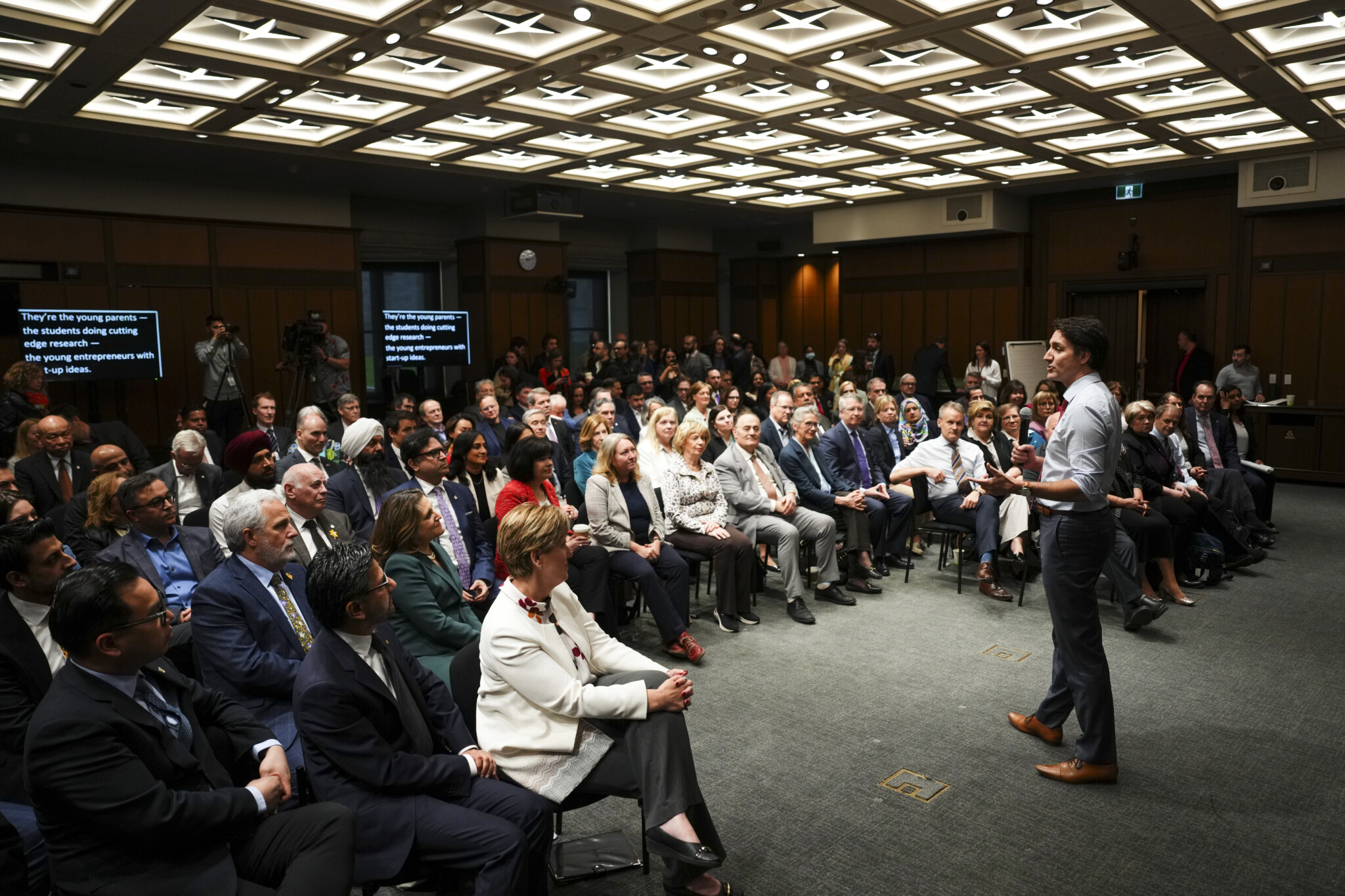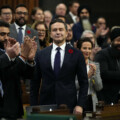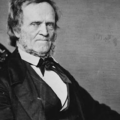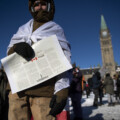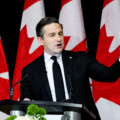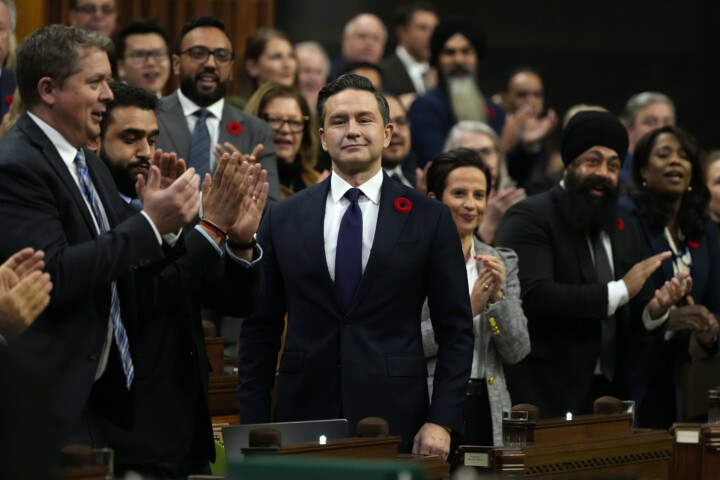This morning, Justin Trudeau is walking into what purports to be the most contentious caucus meeting of his career. With the Liberal Party floundering in the polls and no ready-made relief in sight, would-be leadership contenders and MPs in safe ridings facing the spectre of defeat are reportedly starting to organize the prime minister’s ouster.
I myself have sat through many caucus meetings during my own career serving in politics. While I cannot indulge every detail of my experiences, it is safe to say that these closed-door sausage-making sessions of party politics are much different than the “all-for-one and one-for-all” shows of unity portrayed to the public.
For instance, the issue of potential labour reforms and alteration of the Rand formula during my time as an MPP in Ontario created much heated debate at caucus with some representing blue-collar communities (or being part of a union themselves) on one side of the debate and more libertarian-minded caucus colleagues on the other side. That the sparks from these exchanges found their way outside the meeting room was a source of great angst amongst our caucus.
For Trudeau, as controlling of his caucus as any prime minister we’ve had, this situation is threatening to slip free from his grasp. For weeks, MPs have been starting to challenge the embattled prime minister, and outsiders have been busy predicting the end of his reign.
For its part, the PM’s inner circle has been aware of the discontent, and they initially sought to assuage concerns by suggesting some informal deadlines for decisions on the future of the party. They told their caucus last spring that the PM would re-evaluate his leadership based on whether there was any movement in polling numbers by early July. That time has come and gone, and the Liberals have since lost a couple of safe by-elections that further fuelled discontent.
While the Conservatives have been spending heavily on ads through the summer, and continue to do so, the Liberals, in turn, haven’t been able to define Conservative Leader Pierre Poilievre to suit their interests. This has been adding to the discontent that has been boiling since the spring.
Caucus meetings are meant to be secret. They typically abide by the principle of “sink or swim together.” MPs maintain this solidarity because they are better off being unified in voice than floundering independently. Message consistency and unity avoid undesirable stories in the media. This on-the-ground reality often contests the textbook notion of MP independence taught in political science classes, but there is a collective benefit of supporting the leader and party policy that often gets overlooked.
Because of caucus solidarity, we don’t often get to see what goes on inside the room, although sometimes things get leaked, especially if proceedings go sideways. So what’s it like to be in such a caucus?
It all depends on what has been happening on the margins. In this case, with dozens of MPs having reportedly written to the PM about stepping down, this does not happen without at least the semblance of a plan for what comes next—in particular, a concerted organizing effort by would-be contenders who are ostensibly preparing to challenge the PM’s leadership.
Sitting MPs speaking to the media, breaking that caucus solidarity, is rare but it can happen as a measure of last resort. Typically, such breaches, which happen any time a member brings the disagreements or proceedings from inside caucus out into the public spotlight, are viewed with contempt by other members of caucus. It is viewed as sinking the ship. As a result, it doesn’t happen often, and usually only happens when there is disagreement with policy or with leadership.
Every caucus will structure its weekly meetings differently. Typically, there are leadership reports, House updates of proceedings and bills, and general political discussion where MPs are able to bring to light the concerns of their constituents. Caucus meetings tend to be only for caucus, with a minimal number of staff present to ensure that the proceedings run as they should.
Given the proximity to an election, it is not uncommon to invite party officials to present on the state of election preparedness, the latest polling data, and discuss ongoing operation plans. Typically, the amount of time available for “open mic” time is limited and is controlled by the caucus chair, who is appointed by the party leader.
The ongoing organized challenge, speculated about now for weeks in the press, has been well-known in advance of this particular Liberal caucus meeting. The PM and his closest surrogates, including his most allied cabinet ministers, have most assuredly been working the phones and trying to gauge how widespread the discontent is. At the same time, the PM’s staff will also be doing the same thing, while drafting up talking points to use with MPs and spin lines to use with journalists who will undoubtedly be crowding the front doors of the caucus room to scrum.
The true test of whether the PM has the support of caucus will be in how confidential proceedings in the caucus room will be. Will disgruntled MPs speak to media both on the record and off the record? Will information about caucus be leaked?
Will the would-be leadership contenders, including Christy Clark and Mark Carney from the outside, as well as potential contenders from inside the caucus, openly organize and call for the PM to resign?
Will the private grumblings of caucus spill out into the House of Commons where MPs will use their vote to publicly register a protest against their leader?
Caucus meetings are wildly unpredictable. The attention that this particular meeting has already engendered is a bad sign for Trudeau—nobody pays particular attention to these proceedings when things are going well. Now that they’ve started to become public, it is painfully obvious that the prime minister is in the toughest political fight of his career. To date, he has come out on top in every brawl he’s been in. This time, however, it is against his own caucus colleagues. Whatever the outcome of this particular meeting, they could prove to be his most ruthless opponents yet.
